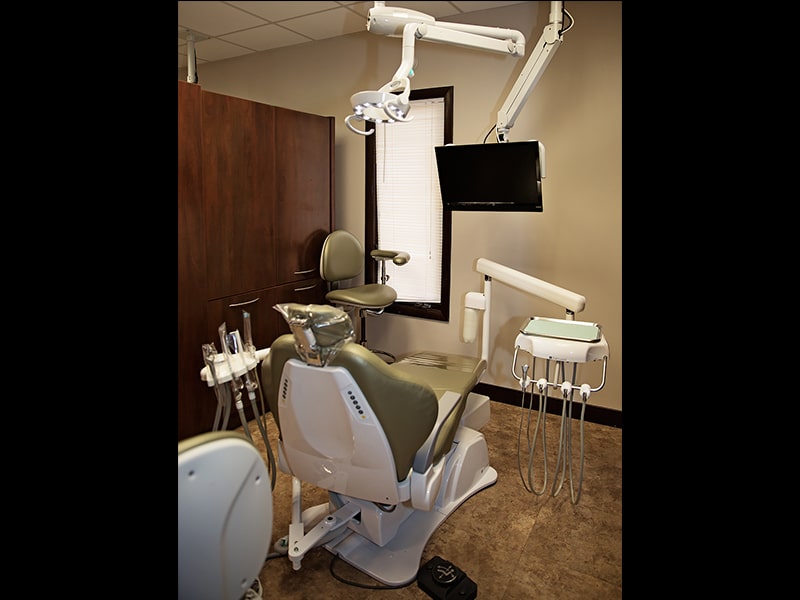Some people will experience tooth loss. Whether it’s due to an injury or the result of persistent dental issues like tooth decay, it is important that the problem is dealt with immediately. Having missing teeth can make a person self-conscious and cause them to hide their teeth. Luckily, there are many dental treatments that can fix your dental issue by implementing a dental implant.
What is a dental implant?
A dental implant is a prosthetic device inserted into the jaw or skull and is used to replace missing teeth. The procedure replaces the root of the tooth with metal screws and in order to secure the prosthesis into the mouth. It looks and feels exactly like a real tooth and is made to blend in seamlessly with your existing teeth. Dental implants won’t slip out because they are drilled into the jawbone.
A dental implant is perfect for people with:
- A missing tooth or teeth
- Full grown jawbone
- Adequate bone to secure the implants
- Healthy oral tissues
- Healthy condition that doesn’t affect bone healing
A dental implant is also perfect for people who are not comfortable wearing dentures or unable to wear one.
What’s the dental implant recovery process?
During the surgery, your oral surgeon will cut open your gums and expose the bone. From there, a hole will be drilled into the bone where the dental implant metal will be placed. After that, you are required to wait for your jawbones and dental implant to unite. This process is called osseointegration and can take several months. After that, the abutment is then placed where the crown will eventually attach. It’s a minor surgery and once your gums have healed, you can pick out your prosthetic teeth.
While you are in recovery, you are expected to experience discomfort including swelling of your gums and face, bruising of your skin and gums, pain at the implant site, and minor bleeding. It is advised that you take pain medications or antibiotics to alleviate the pain. Here are a few things you should know about your dental recovery process:
- There’s no set recovery time for all implants patients as it varies from person to person
- You will experience discomfort after the surgery and it’s normal
- You will have stitches in your gums
- You might be required to eat and drink differently during the healing period
- Applying ice or cold compress to your jaw can help alleviate pain and swelling
- Be wary of fever or swelling that last for more than a couple of days
- Continue practicing excellent oral hygiene even while recovering
Dental implants aren’t at risk for tooth decay so they are expected to last for a while, though recipients still need to practice good oral hygiene. Care for your dental implants the same way you would care for your natural teeth.











